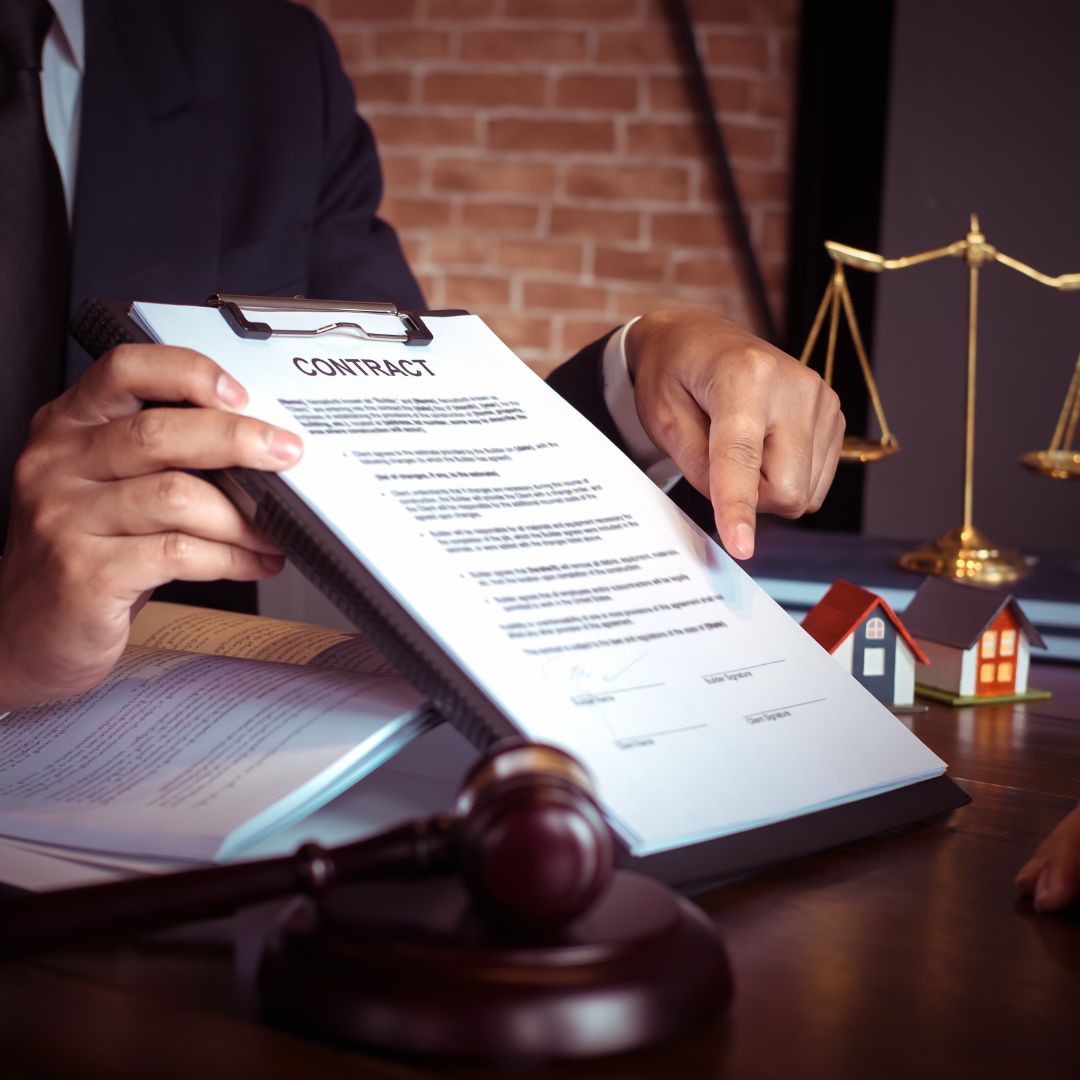Thailand’s legal landscape can be challenging for foreigners, especially when it comes to sensitive matters like defamation. Unlike many Western countries where freedom of speech is broadly protected, Thailand has strict defamation laws that can lead to serious consequences, including criminal charges. Compliance with these laws is essential, as even seemingly harmless comments online can result in legal action. Foreign nationals living in or visiting Thailand should be aware of these laws to avoid legal trouble and to understand their rights if accused of defamation. Whether you’re a business owner, an expat, or a tourist engaging online, knowing the basics can protect you from costly legal disputes.
Understanding Defamation Under Thai Law
In Thailand, defamation is defined as the act of making a false statement about another person in a way that damages their reputation, exposes them to hatred, or causes them to be shunned. This is outlined in Sections 326 to 333 of the Thai Criminal Code. Importantly, defamation can be considered both a civil and a criminal offense in Thailand. A person found guilty of criminal defamation may face up to two years in prison and/or a fine of up to 200,000 baht.

Criminal vs. Civil Defamation
Thai law recognizes two types of defamation: criminal and civil. Criminal defamation involves punishment by imprisonment or fine and requires a court trial. Civil defamation involves compensation for damages to the claimant’s reputation. A person can file a lawsuit for both at the same time. Foreigners often find this dual system surprising, especially those from countries where defamation is purely a civil matter.
Truth is Not Always a Defense
One of the key differences in Thai defamation law is that even a true statement can still be considered defamatory if it is deemed not to be in the public interest. In many Western jurisdictions, truth is an absolute defense to defamation. In Thailand, however, if a true statement was made to insult or damage someone rather than serve public interest, the court may still find it defamatory.
Online Defamation and Social Media
Online defamation is taken very seriously in Thailand. Posting defamatory content on social media platforms like Facebook, YouTube, Twitter, or in a public chat group can result in legal action. As trends in digital communication evolve and more people engage online, it’s crucial to understand how your actions on these platforms can carry legal consequences. According to the Computer Crime Act, defamation committed through a computer system may result in additional penalties. Even sharing or liking a defamatory post can potentially be considered a form of publication.
Precautions for Foreigners in Thailand
Foreigners in Thailand should be cautious when making public statements or online comments about individuals, companies, or public figures. Avoid posting or sharing unverified information, especially if it could damage someone’s reputation. When in doubt, it’s safer to remain silent or seek legal advice before speaking out publicly. Maintaining respect and discretion in all communications is key to avoiding legal conflicts.

Legal Support for Defamation Cases
If you are accused of defamation in Thailand or believe you’ve been defamed, it’s essential to consult with a Thai legal professional who understands both the local laws and the nuances of cross-cultural communication. Law firms like Pimlegal specialize in helping both Thai nationals and foreigners navigate defamation cases. From initial consultation to courtroom representation, experienced legal counsel can help protect your rights.
Final Thoughts
Thai defamation laws may seem harsh, especially to foreigners unfamiliar with how they differ from Western standards of free speech. However, being informed and mindful of what constitutes defamation under Thai law can help you avoid legal risks and communicate more responsibly. Whether you’re online or offline, respectful expression and legal awareness go hand in hand. At Pimlegal, we offer legal guidance tailored to the needs of international clients, helping you stay compliant and protected under Thai law.
